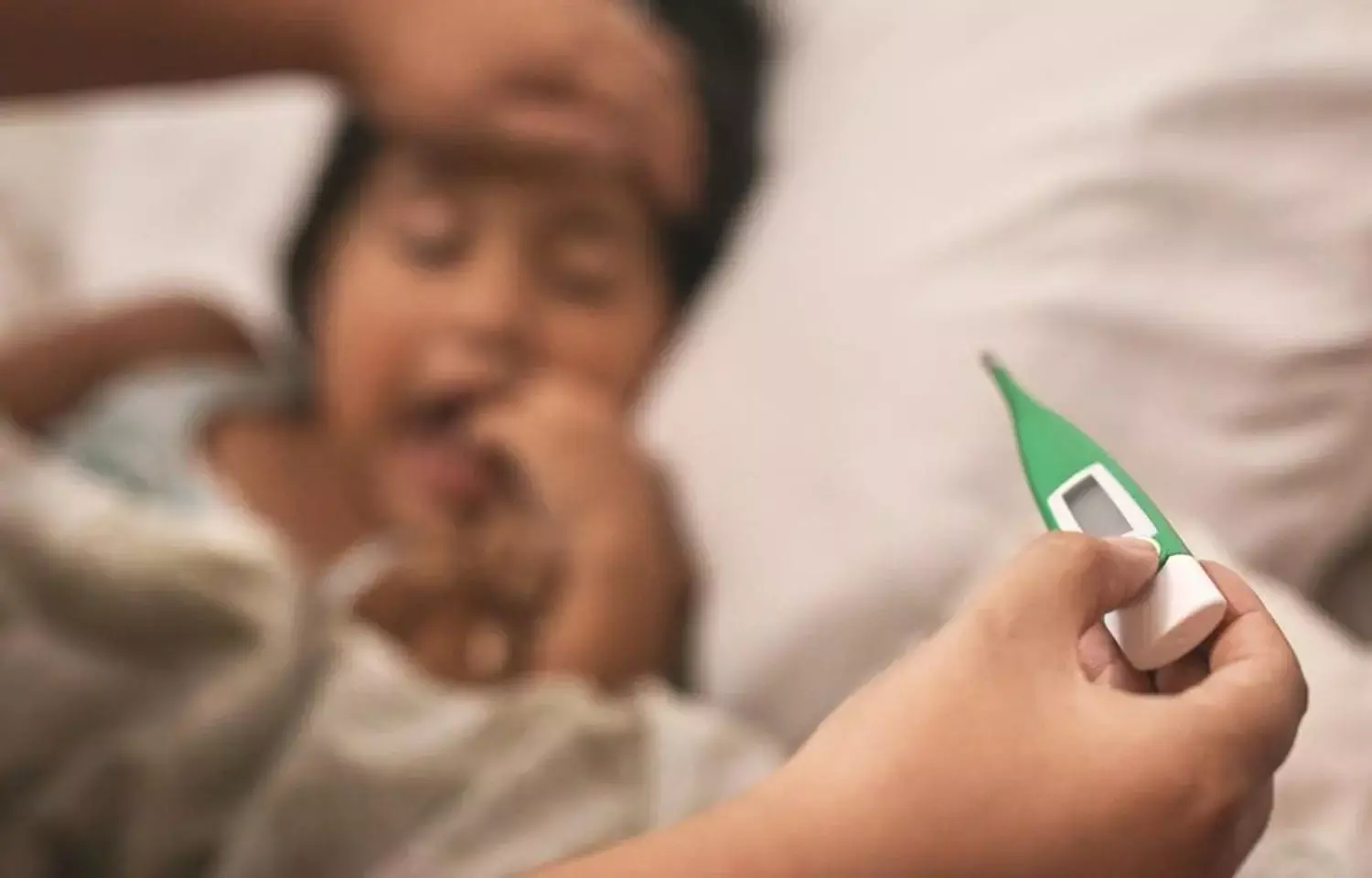- Home
- Medical news & Guidelines
- Anesthesiology
- Cardiology and CTVS
- Critical Care
- Dentistry
- Dermatology
- Diabetes and Endocrinology
- ENT
- Gastroenterology
- Medicine
- Nephrology
- Neurology
- Obstretics-Gynaecology
- Oncology
- Ophthalmology
- Orthopaedics
- Pediatrics-Neonatology
- Psychiatry
- Pulmonology
- Radiology
- Surgery
- Urology
- Laboratory Medicine
- Diet
- Nursing
- Paramedical
- Physiotherapy
- Health news
- Fact Check
- Bone Health Fact Check
- Brain Health Fact Check
- Cancer Related Fact Check
- Child Care Fact Check
- Dental and oral health fact check
- Diabetes and metabolic health fact check
- Diet and Nutrition Fact Check
- Eye and ENT Care Fact Check
- Fitness fact check
- Gut health fact check
- Heart health fact check
- Kidney health fact check
- Medical education fact check
- Men's health fact check
- Respiratory fact check
- Skin and hair care fact check
- Vaccine and Immunization fact check
- Women's health fact check
- AYUSH
- State News
- Andaman and Nicobar Islands
- Andhra Pradesh
- Arunachal Pradesh
- Assam
- Bihar
- Chandigarh
- Chattisgarh
- Dadra and Nagar Haveli
- Daman and Diu
- Delhi
- Goa
- Gujarat
- Haryana
- Himachal Pradesh
- Jammu & Kashmir
- Jharkhand
- Karnataka
- Kerala
- Ladakh
- Lakshadweep
- Madhya Pradesh
- Maharashtra
- Manipur
- Meghalaya
- Mizoram
- Nagaland
- Odisha
- Puducherry
- Punjab
- Rajasthan
- Sikkim
- Tamil Nadu
- Telangana
- Tripura
- Uttar Pradesh
- Uttrakhand
- West Bengal
- Medical Education
- Industry
Emotional distress in COVID 19 may serve as trigger for PFAPA attacks in kids: Study

Israel: Emotional distress is associated with a higher frequency of PFAPA attacks and thus may be considered an environmental trigger for such attacks, states an article published in the Pediatric Rheumatology.
Periodic fever, aphthous stomatitis, pharyngitis, and cervical adenitis (PFAPA) syndrome is the most frequent non-hereditary autoinflammatory disorder in childhood with no known trigger. The exact prevalence of PFAPA is not known, but the disease appears to be more common than originally thought.
COVID-19 pandemic caused by SARS-CoV-2 resulted in a global health crisis. A general lockdown was announced and subsequently, schools were reopened on short notice. Scientists hypothesized that the familial and personal stress due to COVID-19 outbreak consequences, along with returning to school (considered a significant stressor in children) on short notice may have served as a stressful event for the children, and therefore as a trigger for the PFAPA flare. Development of PFAPA attack in response to emotional stress has been observed as a frequent complaint from the parents, but it has never been evaluated.
Yoel Levinsky, Pediatric Rheumatology Unit, Israel, and colleagues conducted a study with the objectives to examine whether emotional stress triggers PFAPA attacks and whether parents of children with PFAPA identify specific environmental triggers for their children's flares.
Researchers enrolled 99 pediatric patients ( aged 3-12 years), with active PFAPA, diagnosed by a pediatric rheumatologist for the present study. The diagnosis was based on clinical features consisting of PFAPA (including fever as a mandatory feature), clinical response to glucocorticoids, and absence of other autoinflammatory manifestations. The patient's parents were reached via phone calls on two occasions: a stressful period related to the COVID-19 pandemic restrictions and a less stressful period. In both times they were asked to report the occurrence of PFAPA attacks in the preceding 2 weeks. The relative stress levels of the two periods were validated by an emotional distress scale questionnaire. The significance level was set at 0.05.
Key findings of the study,
• During the stressful period, scores for the mean emotional distress questionnaire were significantly higher compared to the less stressful period.
• In the stressful period, 38.7% reported at least one attack during the preceding 2 weeks, compared to 22.6% in the less stressful period.
The researchers conclude that PFAPA flares were observed during the stressful period of the COVID outbreak. The results show that emotional distress is associated with a higher frequency of PFAPA attacks, so may be considered an environmental trigger for a PFAPA attack. These findings demonstrate, with a high degree of probability, that mental factors such as stress or excitement are triggers for PFAPA attacks
Future research is needed to confirm these findings and characterize additional triggers, the authors wrote.
Reference:
Levinsky, Y., Butbul Aviel, Y., Ahmad, S.A. et al. PFAPA flares observed during COVID outbreak: can emotional stress trigger PFAPA attacks? A multicenter cohort study. Pediatr Rheumatol 20, 46 (2022). https://doi.org/10.1186/s12969-022-00705-7
BDS
Dr. Hiral patel (BDS) has completed BDS from Gujarat University, Baroda. She has worked in private dental steup for 8years and is currently a consulting general dentist in mumbai. She has recently completed her advanced PG diploma in clinical research and pharmacovigilance. She is passionate about writing and loves to read, analyses and write informative medical content for readers. She can be contacted at editorial@medicaldialogues.in.
Dr Kamal Kant Kohli-MBBS, DTCD- a chest specialist with more than 30 years of practice and a flair for writing clinical articles, Dr Kamal Kant Kohli joined Medical Dialogues as a Chief Editor of Medical News. Besides writing articles, as an editor, he proofreads and verifies all the medical content published on Medical Dialogues including those coming from journals, studies,medical conferences,guidelines etc. Email: drkohli@medicaldialogues.in. Contact no. 011-43720751


